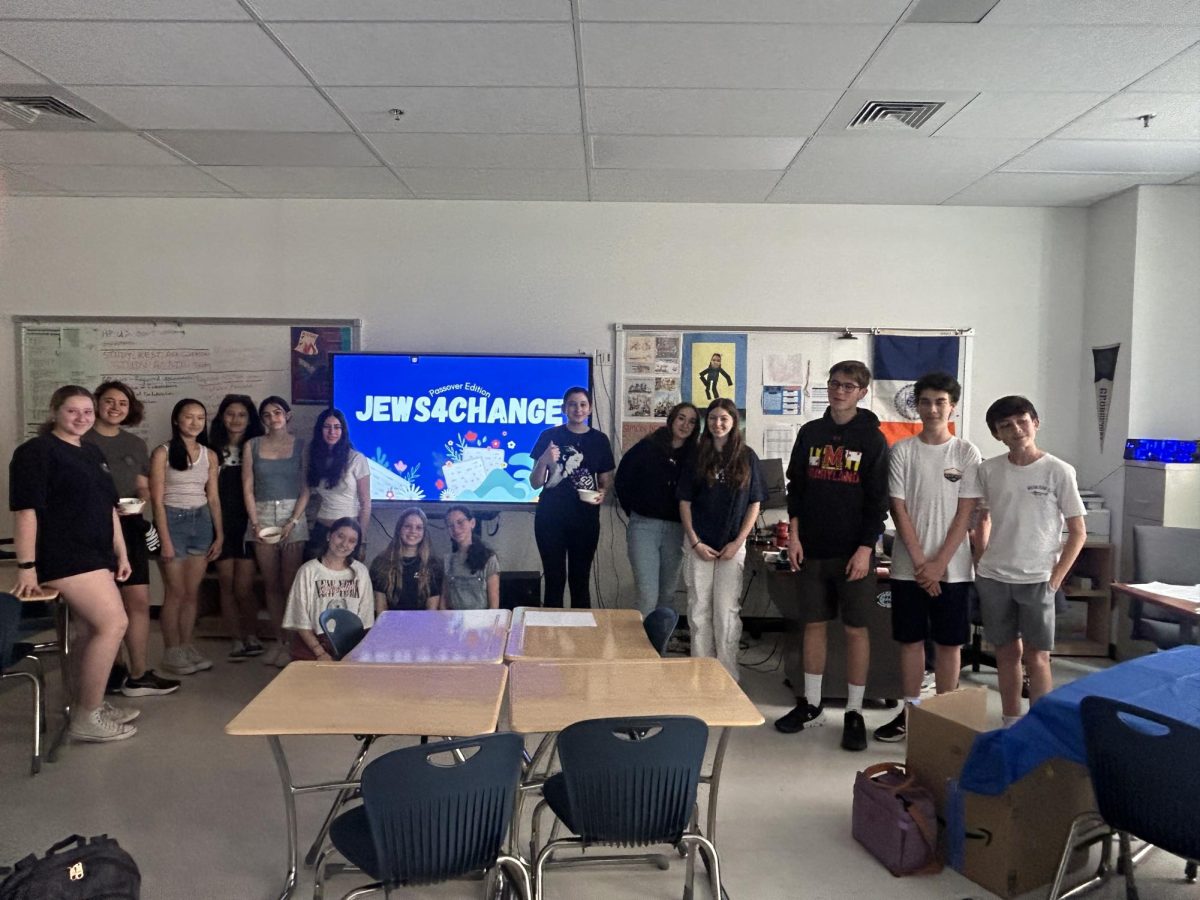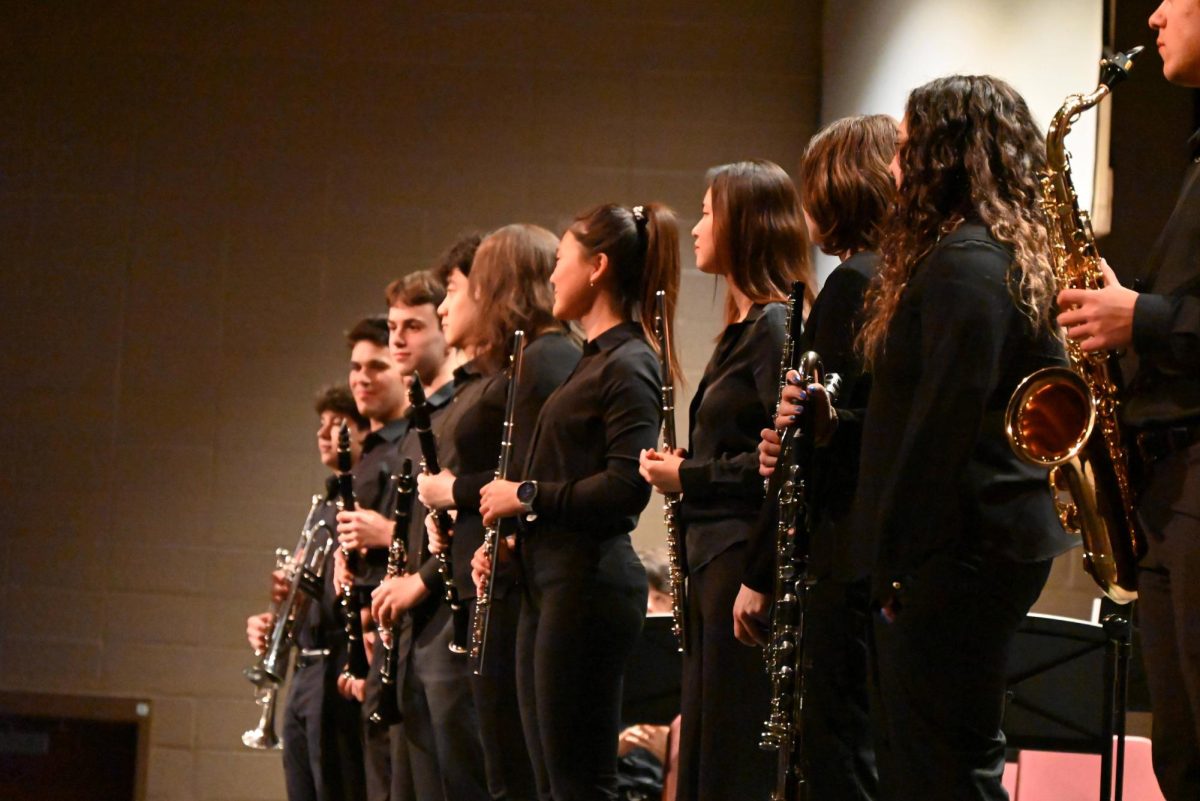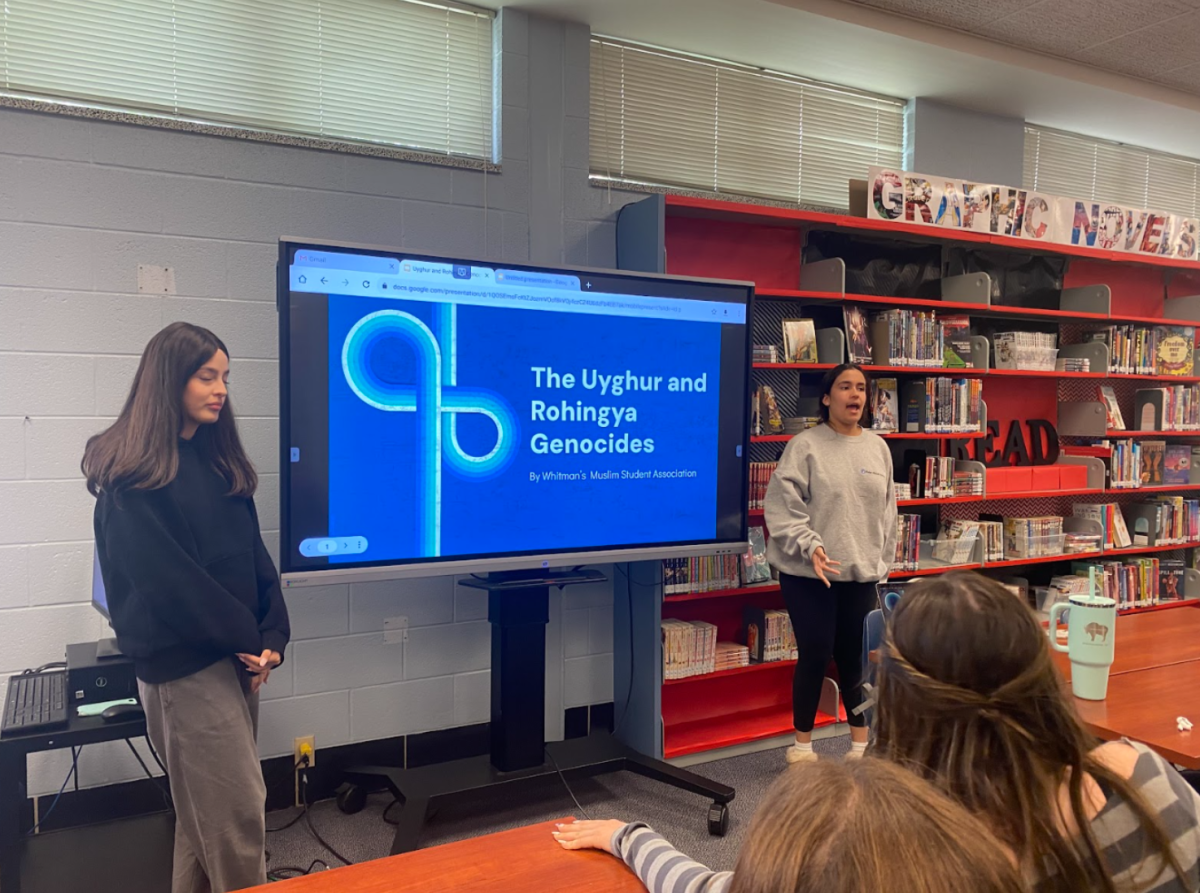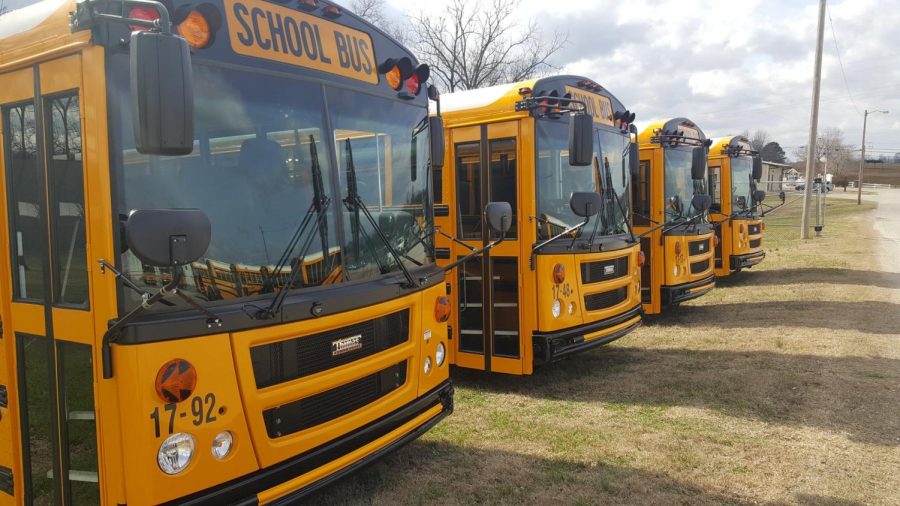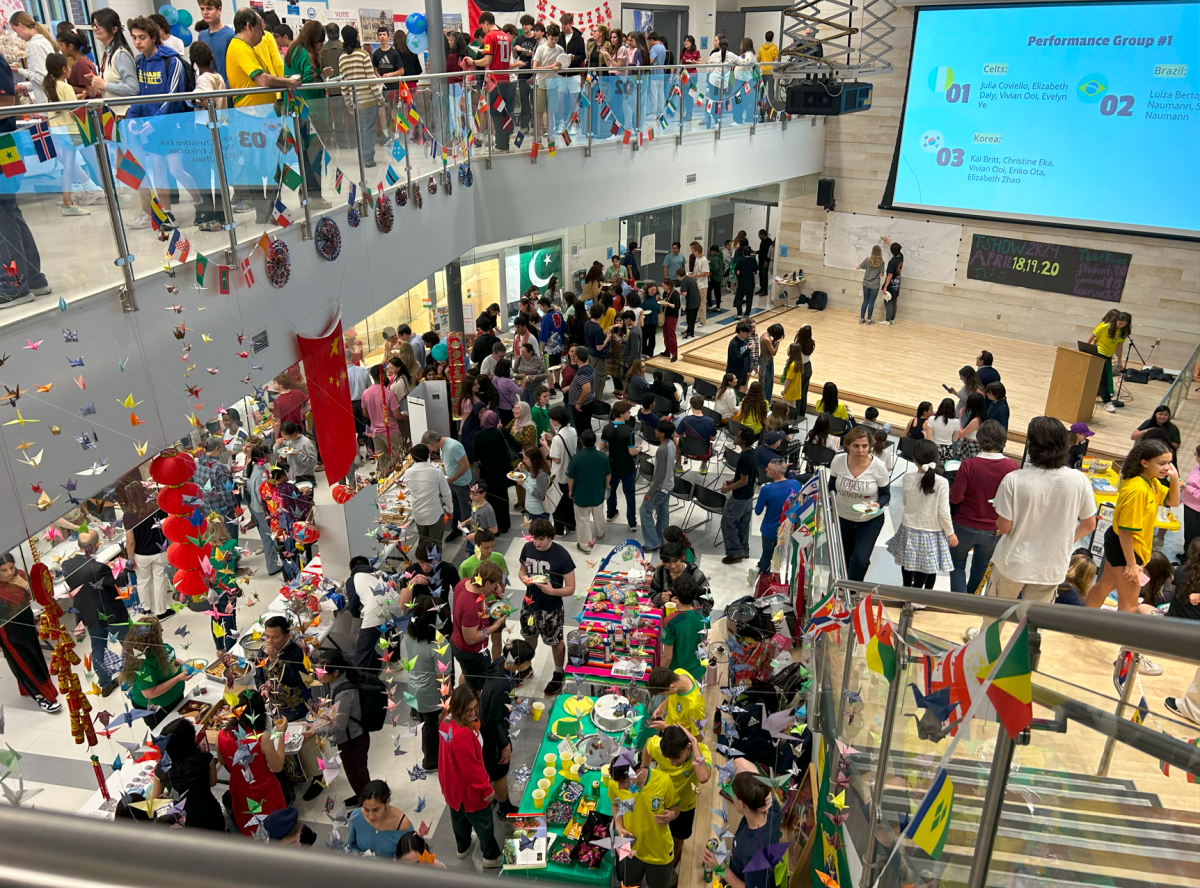The News Literacy Project hosted the first fall forum of its 3rd annual fall forum series Sept. 19 in the auditorium. Los Angeles Times Washington correspondent Matea Gold moderated the discussion between Washington Post columnist Ruth Marcus, a Whitman parent, and CBS News national correspondent Chip Reid.
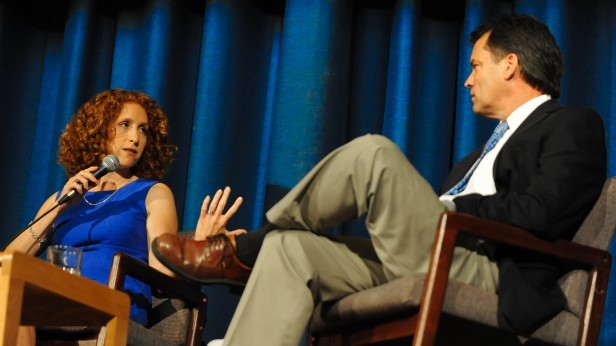
The program, titled “Decision 2012: The Savvy Consumer’s Guide to Campaign Coverage,” focused on how the media handles candidate gaffes, the time pressures of new technology, erroneous facts in campaign ads and iconic moments.
Both panelists discussed the continual focus on gaffes that take the place place of serious policy discussion in news coverage. Reid compared journalists’ fascination with gaffes to a child’s interest in a new toy.
“We get a nice toy, and we go wild with it, and we play with it until the paint comes off and it doesn’t shine anymore, and we toss it aside,” Reid said. “The test on these stories is how long it takes before we toss it aside.”
It’s appropriate for the media to focus on a video disclosing private remarks Republican presidential candidate Mitt Romney made to supporters without knowing he was being recorded, the panelists said.
The tape’s release encouraged fact-checking by the media, analysis and legitimate critique of the tax system, Marcus said.
“This one is a very nice example of the press doing its job,” she said.
In addition to political gaffes, the panelists discussed how candidates often discuss important issues in generalities. Campaigns force the media to cover fluff because candidates avoid substantive discussion of the issues, especially when they appear on talk shows, Marcus said.
“I think there has been a tacit conspiracy between the candidates and the media to avoid substance,” Marcus said. “The candidates don’t want to be pinned down on specifics and we are in an attention-deficit-disordered media environment where we’d rather play with the shiny toy. It’s much more fun to snack on M&M’s than it is to eat spinach.”
The rise of Twitter in campaign coverage has also contributed to a decrease in substance, the panelists discussed. They agreed that 140-character tweets, often written without time for reflection, sacrifice both information and accuracy.
“The direction we are going in electronic media is more snappy, sarcastic, judgmental, witty stuff and less hard core substance,” Reid said. “Also, electronics push us to put speed in front of accuracy. It’s so much more important to be right than to be first.”
Gold then jumped into the topic of inaccuracies and showed two campaign ads that fact checkers determined contain lies.
“Both ads were remarkable in their disingenuousness, and both ads were remarkable in that both sides continued to run them despite some excellent fact-checking,” Reid said.
During the Q&A portion, senior Maria Szczesny asked how she should differentiate between noise in the media and what actually matters. The panelists encouraged focus on serious news sources, primary sources and critical analysis of candidate remarks.
Szczensny’s question went to the heart of the evening and the overall aim of the News Literacy Project, Gold said.
NLP founder and Whitman parent Alan Miller also gave an introductory speech to explain the purpose of the organization.
“Our goal is to give young people the skills to be better students today and better informed citizens tomorrow,” he said.



